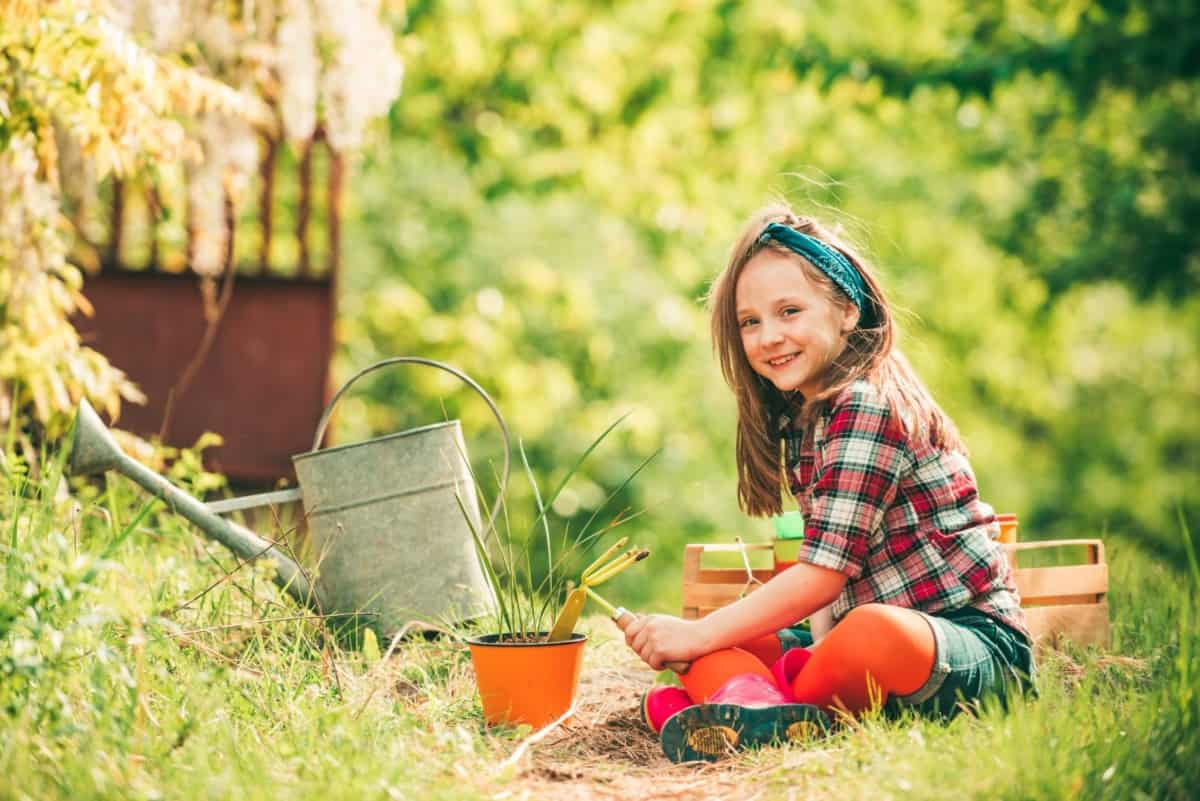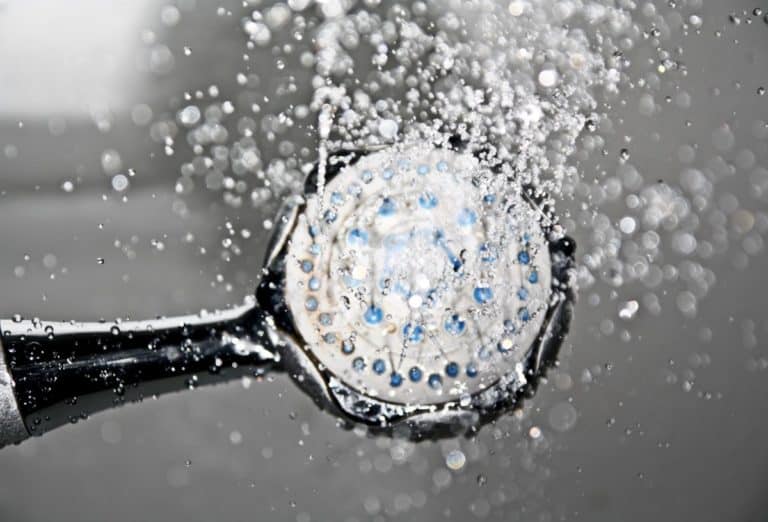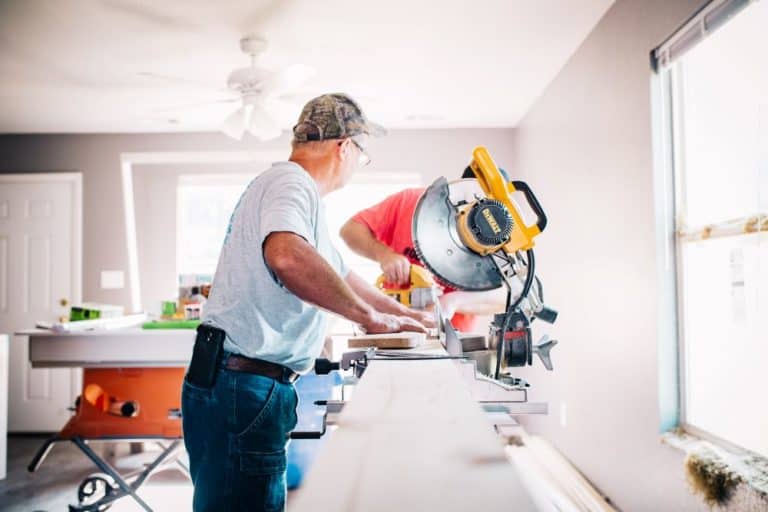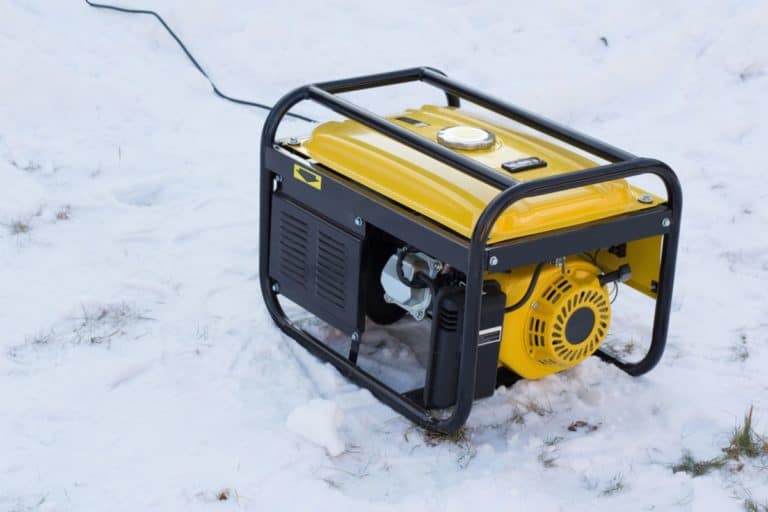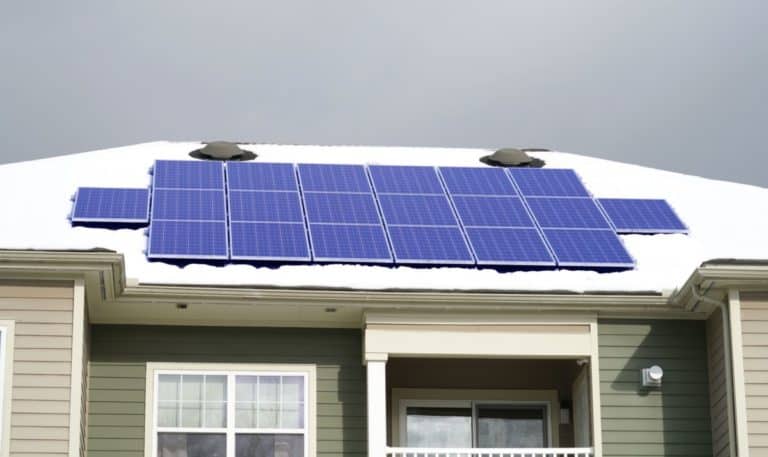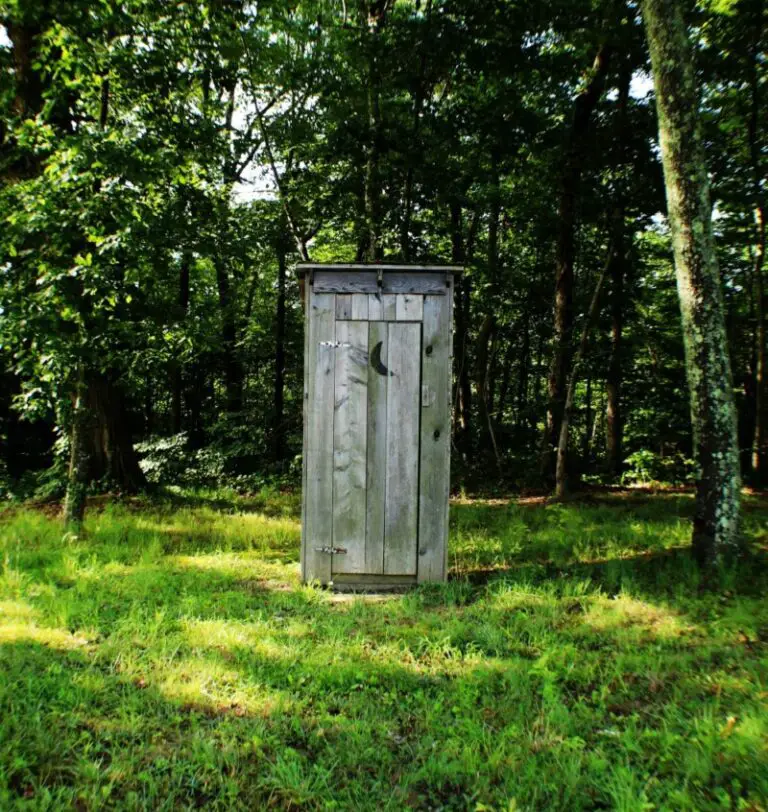5 Steps for a Successful Transition to Off-Grid Living
Disconnecting your home from utilities and going off-grid brings many challenges. However, many of them can be overcome with preparation.
These five steps will help you transition to off-grid life:
- Plan to stagger the costs and tasks over time
- Diversify your power and water sources
- Back up your systems and back up those backups
- Community support
- Learn new skills
Each of these steps will help you preempt some of the challenges you could face in the first few years off-grid.
Table of Contents
1. Create a detailed plan
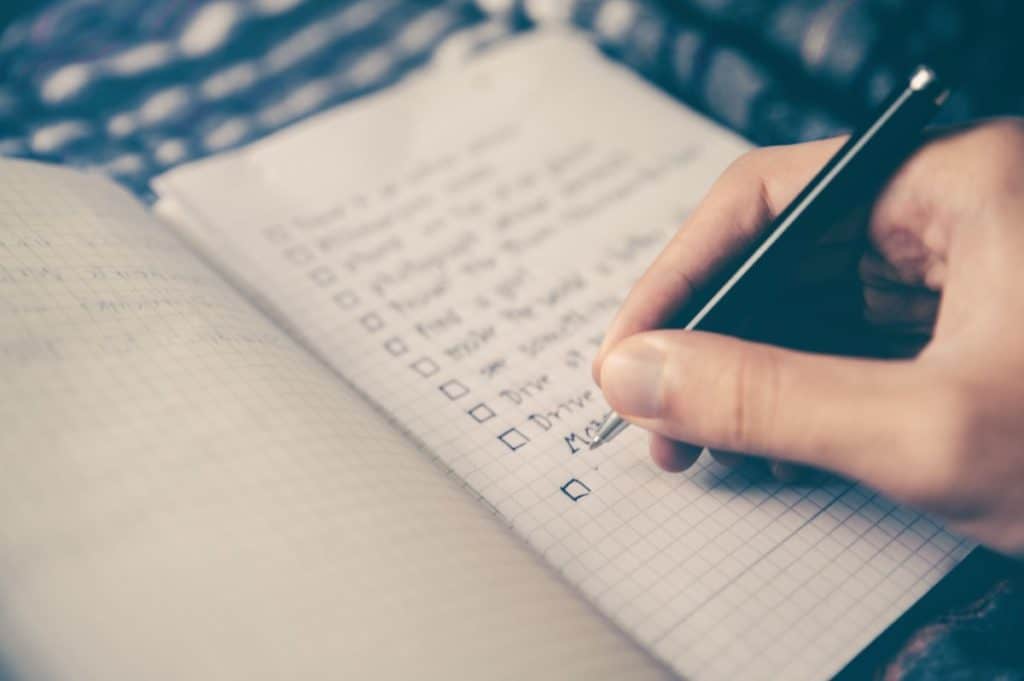
Successfully transitioning into an off-grid lifestyle depends on being proactive and planning in detail. Taking your home off-grid is a time consuming and expensive task. Unless you carefully manage the work and money you expend on each project, you will reach your off-grid home with no energy or cashflow to do anything.
You can address this by listing all the tasks that need to be achieved and estimating how much they will cost and how long they may take. Then, note how much time and money you will be able to devote to these tasks each month. This information will help you decide how often you can start a new task and how long the whole process might take you.
There are bound to be delays and setbacks when you put this plan into action, but this long term strategy can take a lot of the financial, physical, and emotional toll out of taking a home off-grid. It may feel disheartening when you see you dream laid out over several years, but don’t be tempted to rush, you are laying the foundations for a satisfying and fulfilling life. If you take things at the pace that you can manage physically and financially, it is more likely that it will be sustainable for many years.
Related reading: How to develop your income off-grid.
All at once jobs and bit by bit jobs
Many of the tasks on your list will be large, but some may need a different approach. For example, buying and installing a solar panel system is best done all at once. It may take several weeks, depending on how much time you can spare each day or your level of expertise, but its best to remain focused on that one job until it’s done. On the other hand, preparing your garden for self-sufficiency is best broken up into smaller tasks that can be done here and there.
Jobs for now and those for later
When you plan to do each job will depend on your situation and your finances, but here are some points that may help you decide when to schedule each one:
- Installing systems for power and water is best done as soon as possible. This is because the more rapidly they are complete, the sooner you will save money on utility bills. You don’t need to disconnect from the grid at this point, just have alternative sources providing you needs while you set up everything else.
- Improve your home’s energy efficiency. Throughout your long-term plan, you can assess your water and energy use and make gradual changes to appliances to boost your efficiency.
- Wastewater and off-grid septic options don’t need to be complete until your nearly off-grid. However, it’s worth bearing in mind that if you’re installing a septic system, sometimes the ground needs time to settle, and some methods of installation must be split it into stages across a couple of years.
2. Diversify your power and water sources
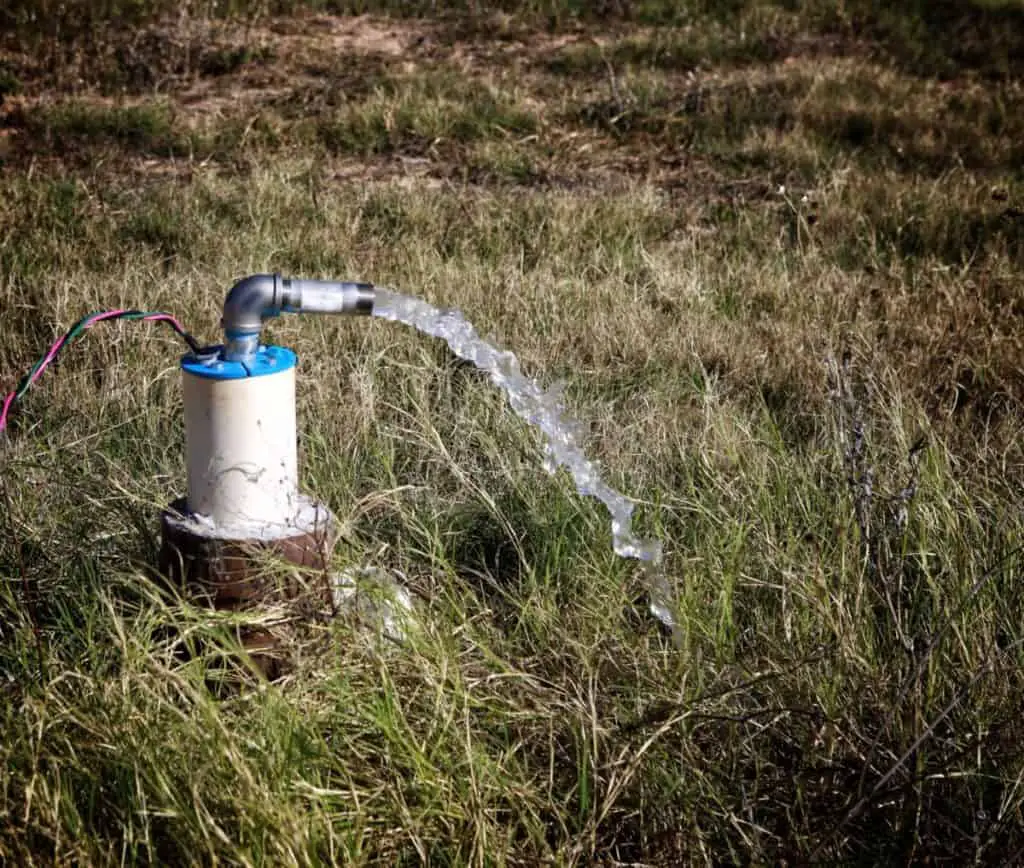
Even if you’re not quite ready to start your off-grid plan, it’s worth looking for alternatives for your current power, water, and sewerage utilities. The sooner you reduce the amount you spend on utilities, the better, but because you may spend decades relying on off-grid power and water, trying things out no will ensure that you get things right and your new systems are sustainable.
The reason why I say ‘diversify’ is because, at this stage, if possible, try as many options as you can. Some small-scale systems can be implemented cheaply and will give you valuable insight into what you will need later. It may seem odd spending money on partly installing other systems now, but if it teaches you what you need to know now before you invest thousands, then it’s worth it.
Here are a few things you can try with some suggestions on how to keep it affordable:
Water supply
This is one of the most crucial systems you’re going to install, but you can get started at a very basic level. Go outside right now and put a bucket under your downspout. That’s the first step in harvesting rainwater. This basic method will teach you about the storage problems you may face and the limitations of what you can do with the water.
The water you can collect in your bucket will probably be dirty, may develop algae, and attract mosquitoes, but you will have something extra to water your plants with. Taking a few more steps to install gutter covers, leaf filters, first flush diverters, and an underground cistern may be useful, but that depends on your needs.
At the same time, keep looking out for other options, it’s not ideal, but are there any community water sources nearby you can collect from? They are often reasonably priced ways to supplement your off-grid supplies. Also, look at your options for a well. They can be expensive and require specialist installers, but they could provide a large amount of the water you will need later.
Related reading: How to get an off-grid water supply without a well.
You may also be interested to hear my recommendations for the best water supply and plumbing equipment.
Power
Try getting a couple of small solar panels and setting up a system to run one or two appliances. Look into your options for wind turbines or other alternative power sources. Begin to look at your battery storage options.
For my recommendations of 100-watt solar panels read: best solar power equipment.
Sewerage
Even if you can’t stand the idea of a compost toilet, try making one and give it a go. Setting one up in an outhouse is a great way to see what you think. You may find it better than expected, or you may learn things to allow you to create a better version later. You may install septic tanks later but having a diverse range of options to treat your waste will stand you in good stead.
It may seem odd to start doing little bits here and there instead of waiting until you’re ready, but it is incredibly helpful in so many ways:
- By having a little knowledge of a diverse range of systems, you have something to fall back on in case your primary plan falls through.
- You will learn about what works, what doesn’t and what the challenges are to install those systems in your home.
- Getting outside and installing even the most basic water storage cistern will give you practical experience that is impossible to achieve by watching YouTube videos.
Related reading: The complete guide to off-grid wastewater management.
3. Backups for your backups
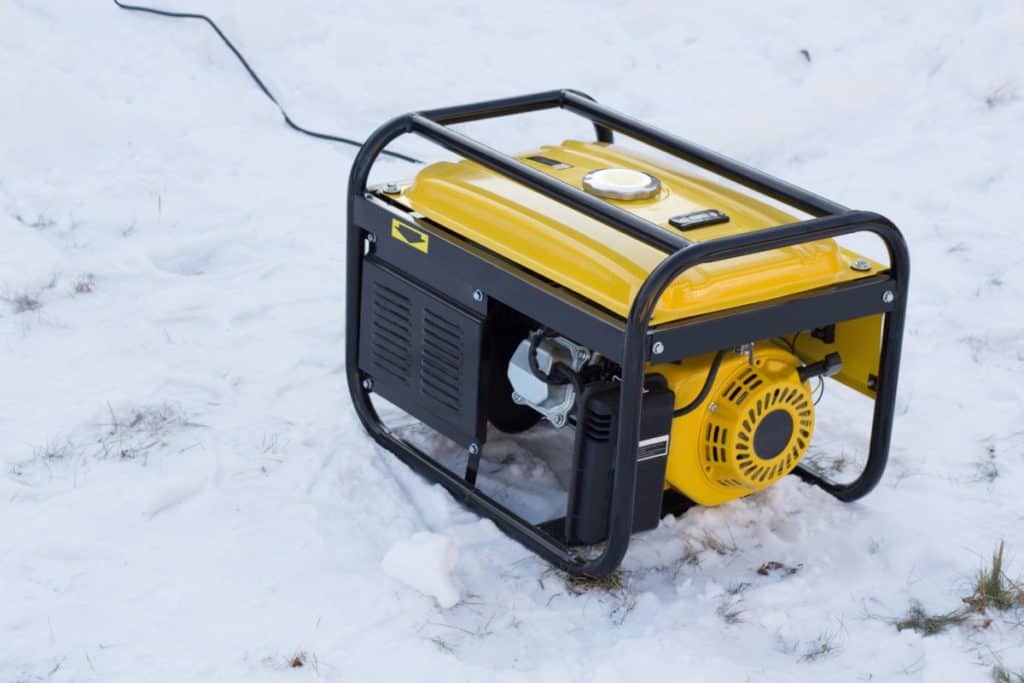
If you’ve tried a diverse range of off-grid options for some of your home systems, you’ll already be set up with some useful backup systems. No matter how reliable a system you think you’ve got in your home or how infallible the salesperson told you it was, anything is likely to break or need maintenance.
The responsibility is yours
Once you’ve left the grid, the responsibility of ensuring you’re prepared for this is all yours. Working towards the absolute worst-case scenario may well help you out later.
For each system in your house that could fail, check you have a backup, then set up a backup for if that fails too. For example, if your solar panels develop a fault and aren’t charging your batteries, you could have a generator ready to top them up. But, if when you go to start it, it won’t run, what will you do?
Physical backups or agreed actions
Some backups may be other equipment like a wind turbine or a second generator, but some may be an action like calling a rental company for a generator or contacting a neighbor for help.
Ultimately, what these backups are doesn’t matter, but thinking them through before you need them does. If you’ve mentally walked yourself through a scenario and created a plan, then you’re likely to take everything in your stride and get on with your day.
Setbacks, mistakes, and breakdowns will happen, but with some forethought and preparation, they needn’t ruin your day.
4. Community support

Isolation is one of the biggest challenges new off-gridders face. You may live in a remote environment, or you may just have less time to contact friends and family. Either way, the feelings produced can take the shine off your new life if you’re not prepared for them.
Having a decent internet connection is particularly useful for this, so you may like to read my article called Can you get internet off the grid?
Building a community around you is a great way to keep moving forward with your projects and off-grid adaptations without the isolation. There are several ways you can do this:
a. Find ways to involve your existing friends and family into your new life.
This may seem simple, but once you’re stuck into building or adapting a property, you may not feel you have the time for socializing. To address this, first you need to accept the importance of not losing contact with your loved ones.
Being able to share the ups and downs of your new challenge will reap practical rewards. Not only can you get a friend in to help with tasks, but if you’re happier it’s likely you will be able to focus for longer.
Some ways you can involve them:
- Get them involved in each stage of your off-grid build or conversion. If you’re planning a significant task like installing solar panels book a day and invite friends over, give them a job to do and end the day with a cookout.
- Use social media groups to keep them up to date with what you’re doing so they feel connected and involved. This is particularly useful if you’re very remote.
- Schedule visits, calls, and video chats well in advance and make it a priority to stick to them.
- Build routines; if you set regular times for catching up for people early on, you’re more likely to stick to them.
- If your friends don’t seem to be as interested in going off-grid as you, don’t be put off or assume they won’t want to hear what you’re doing. Give them lots of opportunities to see what you’re up to. If you have lots of outdoor space, why not get them over for some camping or something else they might enjoy.
b. Build relationships with other off-gridders online.
Going off-grid comes with unique pressures and challenges. Connecting with other off-gridders means that they will understand your situation and may be on hand to share solutions, offer their skills, or even swap produce from their garden.
Making these connections is easier than ever before, thanks to the internet. Try some of these places to make connections with people with similar interests, either locally or further afield:
- Discussion forums like Off-Grid.net/forum or Off The Grid Forum.
- Sub-reddits like Better Homesteading
- Blogs and websites. Here are some examples, but you may want to search for those related to your own area.
- Youtubers and comments on videos. You may be able to find off-grid YouTubers from your area. Communities of followers often build up in the comments sections of some videos. It’s a good place to get involved in discussions and see who else may be in your area.
- Facebook groups. There are lots of large discussion groups on Facebook, but you may be able to find a smaller local one or start your own. You could even pay a small amount to advertise your group on Facebook with targeted ads. That way, you can direct it to people with similar interests in your area.
c. Meet other off-gridders in person.
Going off the grid has become something of a global movement, so there are lots more opportunities to meet likeminded people than ever before. You could go to off-grid festivals, make it a priority to meet your neighbors if they also live off the grid, or look for other local events, conventions, and farmers’ markets.
However, you choose to do it, having one or two people you can call on to catch up or for when you need an extra pair of hands, is essential to successfully transitioning into off-grid life.
5. Learn new skills
If you don’t think you have the skills needed to go off-grid, don’t give up. There are lots of opportunities open to you to learn new things:
Go on a course
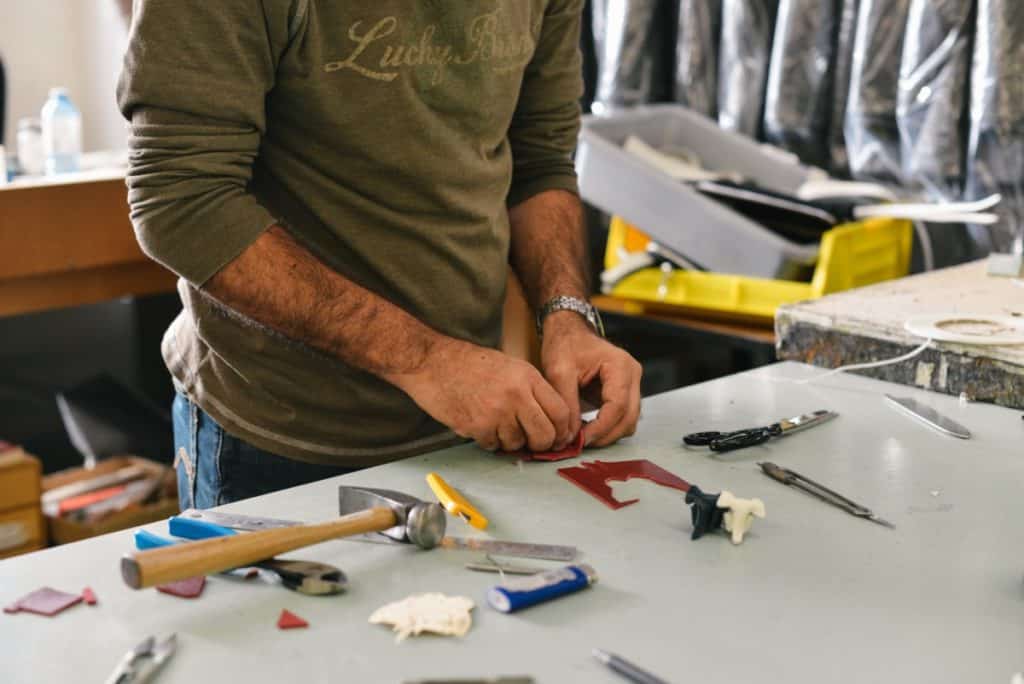
Finding a course at a local community school will likely give you the grounding you need to get several necessary tasks done yourself. Several schools offer short, part-time courses in plumbing, engineering, or electrics. You don’t need to become an expert; you just need to be able to develop your skills enough to complete the jobs in your own home.
Doing a course in the basics of solar power or plumbing may also be a great way to understand what needs to be done in your home. You could still employ a professional to do the work, but you will have a greater ability to do any planning or maintain systems later.
Online learning
Online learning is often a cheaper, quicker way to learn a skill. The drawback is that you don’t get hands on, one to one tuition. But with some self-discipline, they can be just as effective. Depending on what you need to learn, there are distance learning courses available from some schools, or you could purchase an online course from somewhere like Udemy or Coursera.
Free courses are also available from online services like FutureLearn and can be of surprisingly high quality. Or, if you prefer to learn each task as you go, YouTube is an incredible resource for detailed instructional videos.
Hiring a professional
If you decide to hire someone to complete the jobs that you can’t yet do, it doesn’t mean the learning stops. When you select someone to come and do the work, choose someone who’s happy to guide you through some of the processes. Many professionals are keen to help you understand how things work and show you how to maintain products properly. It’s amazing what you can learn when watching an expert do the job.
By empowering yourself with new skills, not only will you save some money, but you will also take greater pride in what you achieve. Going off-grid is highly dependent on what you’re capable of because you’re responsible for keeping things going.
Also, as it’s likely you will want to keep costs down, it’s essential that you can respond to emergencies so that you won’t need to pay a plumber’s premium rate because you had to call them out in the night.
If you feel confident that you can personally respond to several situations, then your transition to your new lifestyle will be much simpler.
Conclusion
Whatever you do, going off-grid is likely to be a shock to your system. It’s incredible, but it’s also challenging and lots of hard work. The key to adjusting is to have an open mind, take any help that’s offered to you and use the suggestion in this article to help you preempt as many of the challenges as possible.
Check out my recommendations for equipment that will help you take your home off-grid.
My Off-Grid Product Recommendations
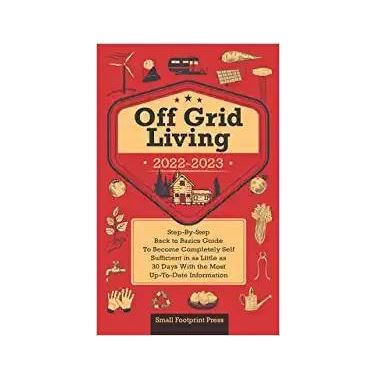
Useful Book: Off Grid Living 2022-2021 – This incredible step by step guide is a great read and gives you useful information about reaching self-sufficiency in just 30 days. Get the paperback on Amazon or read it free with a Kindle Unlimited subscription or listen to the audio version with Audible Plus membership.
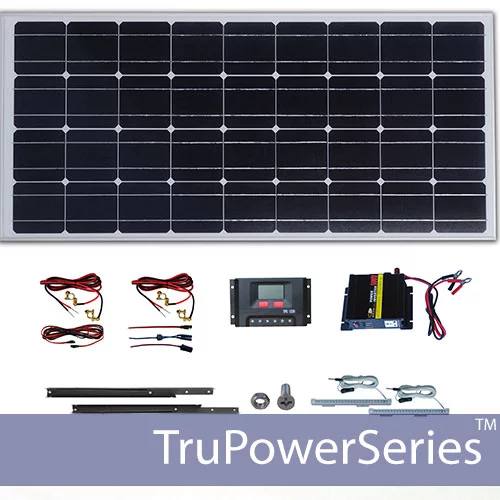
Small Solar Panel Systems: Silicon Solar – This is an excellent company that offers lots of products to get you started on your solar journey. Visit Silicon Solar.
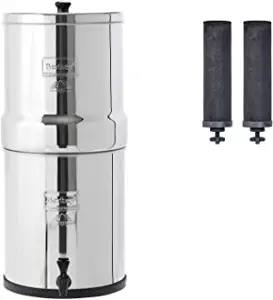
Family Water Filter: Big Berkey – For a fast, affordable water filter with no plumbing required, you can’t beat a Big Berkey gravity-fed filter like this one from Amazon.
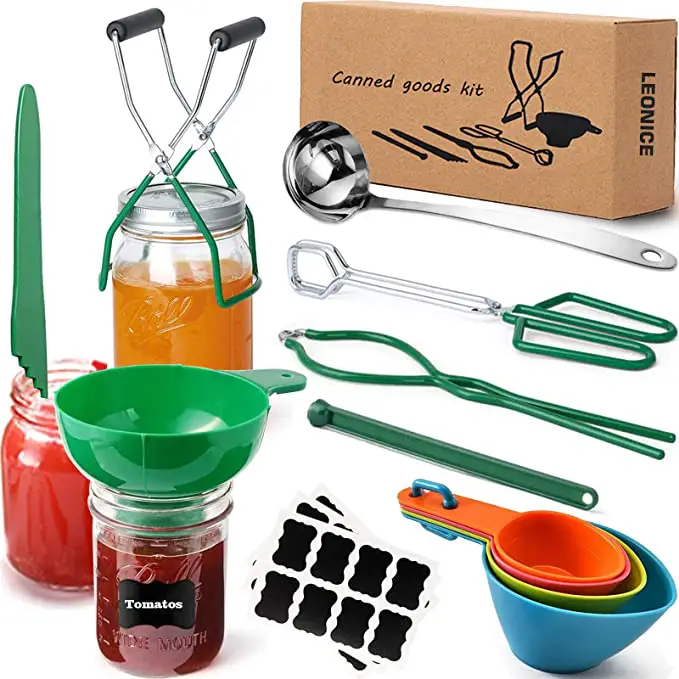
Canning Equipment – This canning starter kit, 22-quart Barton pressure canner and twelve-pack of Ball 16oz mason jars will help you preserve food as you work towards self-sufficiency.
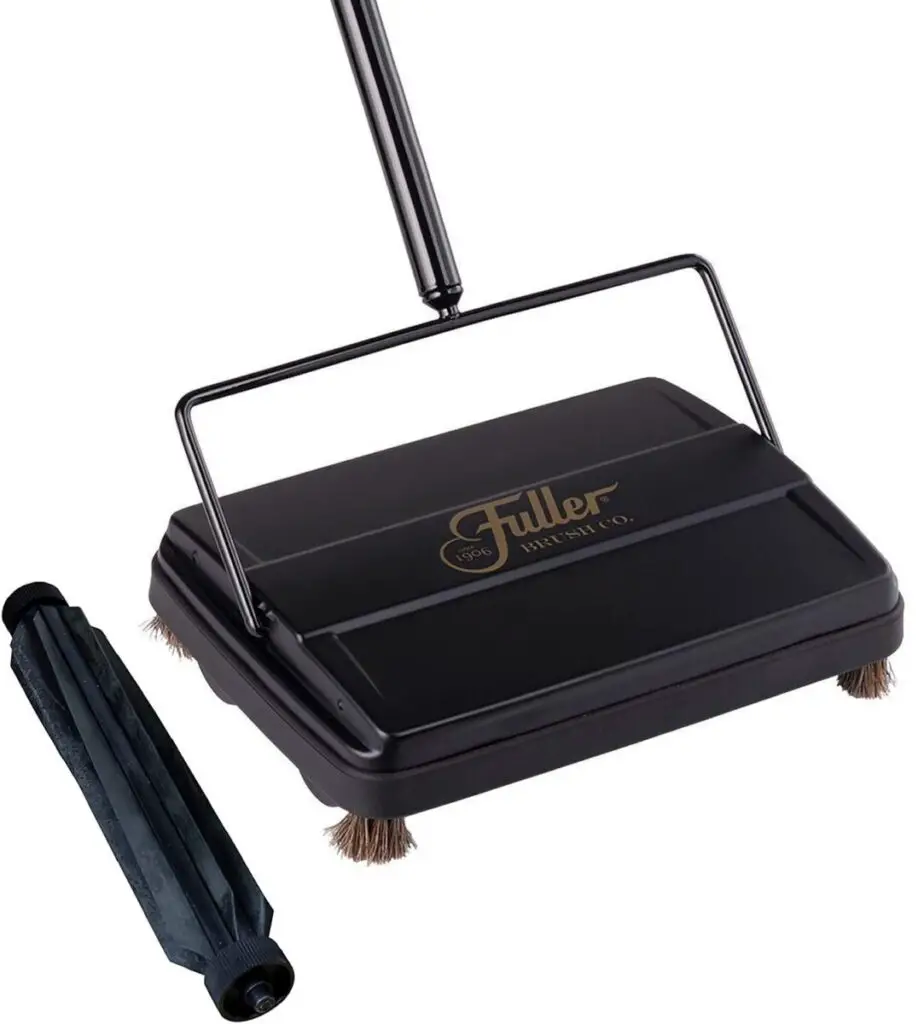
Cleaning: Fuller Carpet Sweeper –. This carpet sweeper is an ideal way to keep your home clean without using up your energy stores on vacuuming.

Handy Knife: Gerber Serrated Paraframe – This handy all-purpose knife is lightweight and ideal for all those little jobs around your home and garden.
